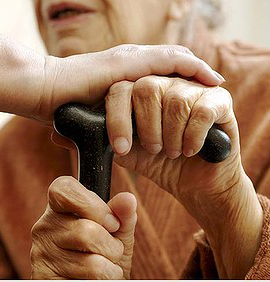Aged care training lags
 Experts say lower paid and lower skilled personal care workers are likely substituting the work of enrolled nurses in residential aged care homes.
Experts say lower paid and lower skilled personal care workers are likely substituting the work of enrolled nurses in residential aged care homes.
Professor Alan Duncan says his new research found the number of people in residential aged increased from 12.7 per cent in 2008 to 51.8 per cent in 2017, yet the number of staff qualified to deliver this care has failed to keep pace.
Healthcare is a major economic contributor in Australia, and is becoming the biggest industry employer in many areas.
“The health care sector has now become a cornerstone of the economy, yet attention paid to the sector and the health and wellbeing of its own workforce may not be commensurate with its value,” Prof Duncan said.
“Signs of increasing poor physical health and psychological distress among health care and support workers, coupled with falling shares of the workforce being very satisfied with their jobs, could indicate a sector where employees are not given adequate support.”
With an ageing population and an increase in the instances of preventable health conditions, there is a strong economic rationale to invest in health research, particularly in the area of preventative health care.
Researchers have also found a link between increasing visits to general practitioners and decreasing instances of avoidable hospitalisations and deaths, indicating universal access to GPs and emergency telehealth services could help reduce hospitalisation rates.








 Print
Print